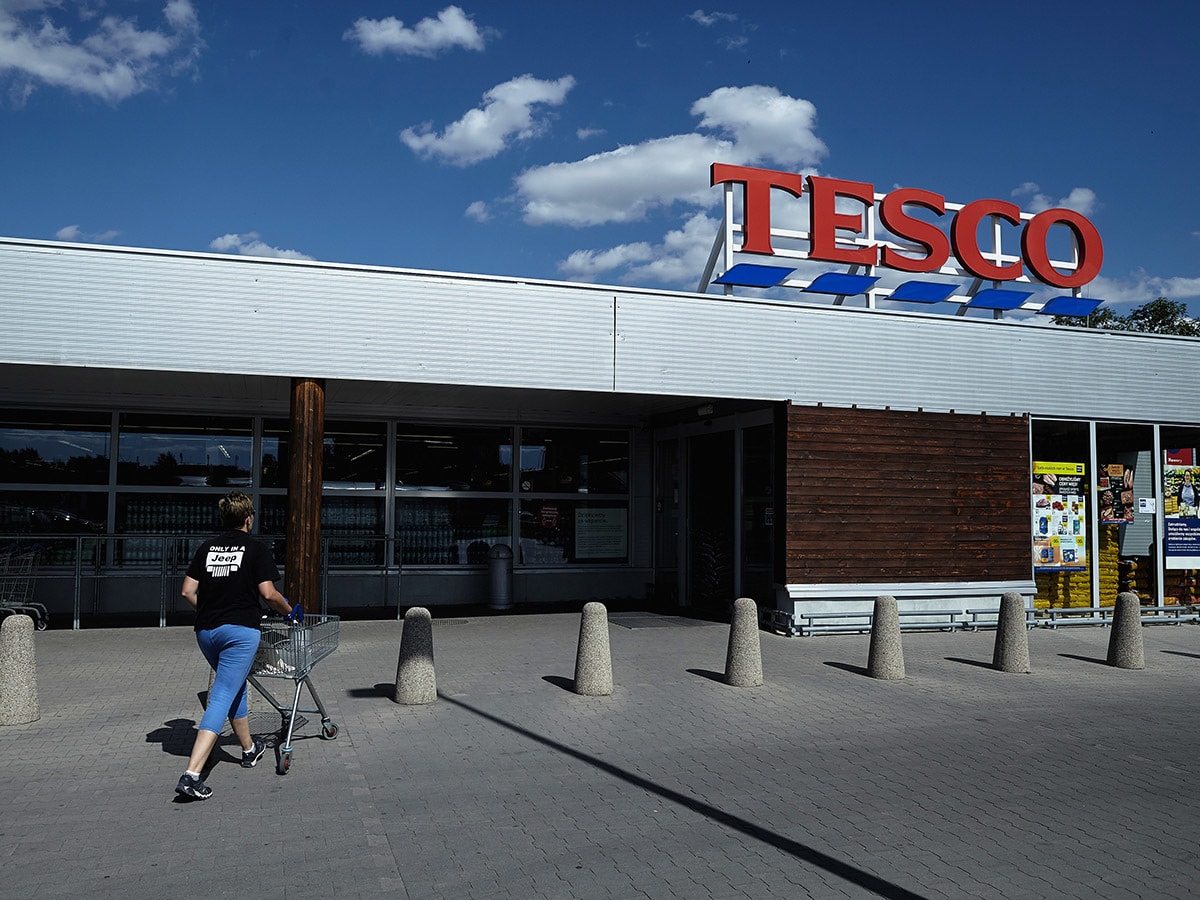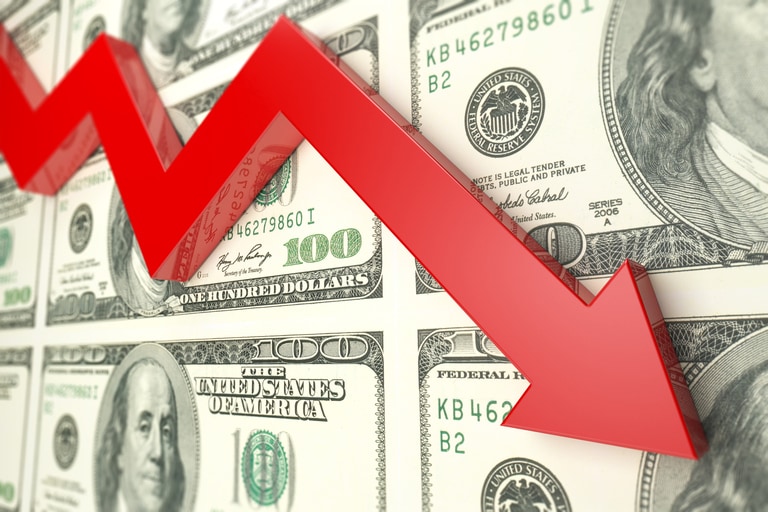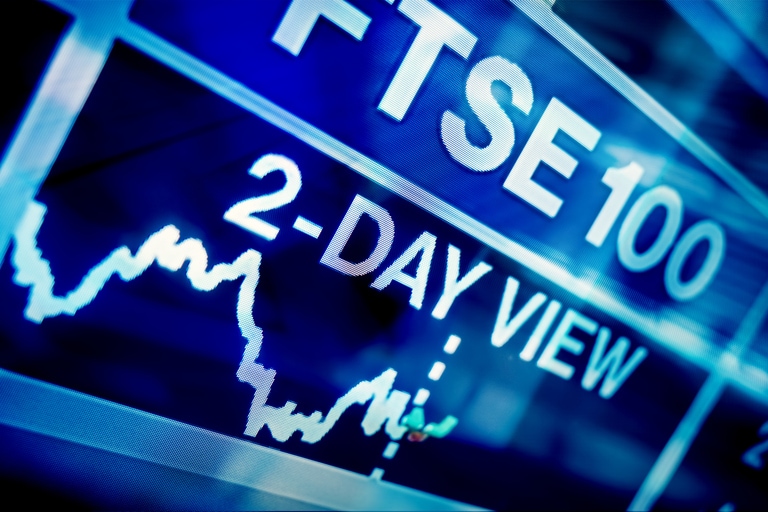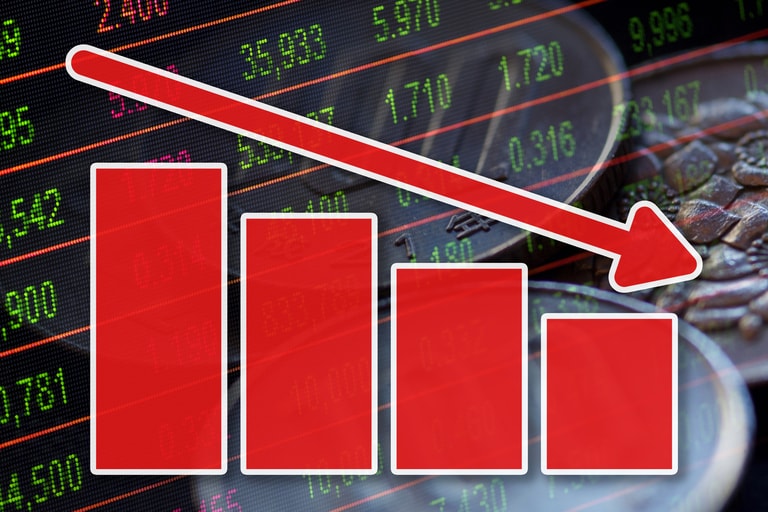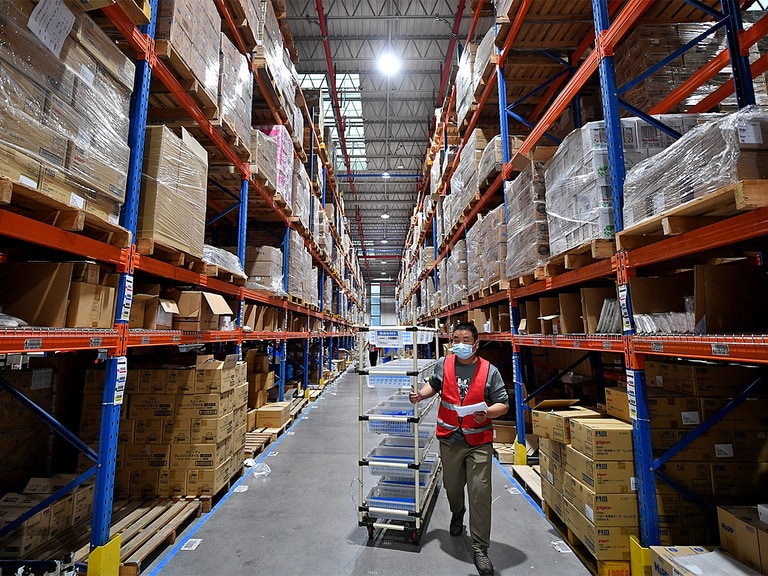In the space of the last 12 months, the Tesco share price has gone pretty much sideways, down just over 5% from where it was pre-pandemic in March 2020. When you consider the importance of the supermarket sector over the past ten months, that is a little surprising.
UK supermarkets, and their shop floor staff in particular have been among the unsung heroes during lockdown, very much at the sharp end of the pandemic as one of the few sectors allowed to remain open, in order to keep the country fed.
Tesco share price stationary despite rising to challenges
Tesco, along with the rest of the sector has met the challenges presented by the pandemic head on, and while it hasn’t been immune from criticism for some of its responses to the events of the last year or so, it has managed to maintain its supply chains against the dual challenges of not only Covid-19, but also Brexit concerns. The Tesco share price has recovered well since hitting a low of 203p in late October, and is now slightly down from it's pre-pandemic levels.
The increase in costs also saw the supermarket invest in a big rise in online delivery capacity to 1.5m slots in order to better serve 674k vulnerable customers, while in December Tesco management took the decision to return the £585m in business rates relief it received as part of the government response to the coronavirus pandemic.
The company said that the various measures it had taken to combat Covid-19 had cost it £725m, well in excess of the rates relief received. It’s not hard to understand why Tesco management made this decision given the criticism they received for pledging to pay a special dividend earlier this year, however that decision on the special dividend pre-dated the March lockdown, and was promised out of the proceeds of the sale of its Asia businesses, which completed last month. Tesco confirmed it would be returning £5bn to shareholders in February, alongside a share consolidation on 26 February.
Strong Christmas trading boosts Tesco's Q3
Today’s Q3 numbers have seen Tesco follow on this strong first-half performance, as well as the decent numbers posted by Sainsbury and Morrison last week, with similarly strong Christmas trading, as like for like sales over the period rose 8.1%, driven by a 14% rise in sales of “Finest” branded products, while over the quarter, like for like sales rose 5.7%.
This outperformance was fuelled largely by an 80% rise in online orders over the 19-week period, with 7m orders delivered over the Christmas period.
The performance over the quarter didn’t come without an increase in costs, which rose £85m to £810m. Another drag came from Tesco Bank which saw total sales decline 28.5%, a not altogether surprising outcome given the challenges being faced by its customers over the pandemic. Losses in the bank are expected to come in between £175m and £ 200m.
Management have said this shouldn’t affect the overall outlook for the year, with profits expected to be around the same level as a year ago, even with the extra costs of taking on new staff and implementing various Covid-19 mitigation measures to protect its workers. This doesn’t include the repayment of the business rates relief, while all front-line staff received a 10% Christmas bonus. As a reminder operating profit a year ago was £2.5bn, however after costs, this came down to £973m.
Tesco will also make a one-off £2.5bn contribution to the Tesco PLC Pension Scheme. Following the release of its Q3 results the Tesco share price sits just below 240p.
Q3 results follows good H1 performance
Tesco's first-half numbers in October last year shone a light on how the pandemic has affected the business, with a 6.6% rise in sales to £26.7bn, while operating profits slipped by 4.5%, due to a huge increase in costs, by way of the employment of extra staff, as well as the investment in protective measures for its staff.
There were some weak spots in the H1 numbers, namely in the Booker operation, as catering sales dropped 12% as restaurants, cinemas and bars were closed down, but overall, the sheer scale and diversity of the Tesco business, now under the stewardship of new CEO Ken Murphy, has meant that the business has managed to ride out the worst of the pandemic and as such has reinforced its position as the UK’s number one supermarket.
Even the rise of the likes of Aldi and Lidl haven’t been enough to eat into its position as the market leader, with the price match scheme arresting the advance of the young pretenders as H1 food sales rose 9.2%. First-half pre-tax profits came in at £551m, a rise of 28.7% from 2019.
CMC Markets erbjuder sin tjänst som ”execution only”. Detta material (antingen uttryckt eller inte) är endast för allmän information och tar inte hänsyn till dina personliga omständigheter eller mål. Ingenting i detta material är (eller bör anses vara) finansiella, investeringar eller andra råd som beroende bör läggas på. Inget yttrande i materialet utgör en rekommendation från CMC Markets eller författaren om en viss investering, säkerhet, transaktion eller investeringsstrategi. Detta innehåll har inte skapats i enlighet med de regler som finns för oberoende investeringsrådgivning. Även om vi inte uttryckligen hindras från att handla innan vi har tillhandhållit detta innehåll försöker vi inte dra nytta av det innan det sprids.
